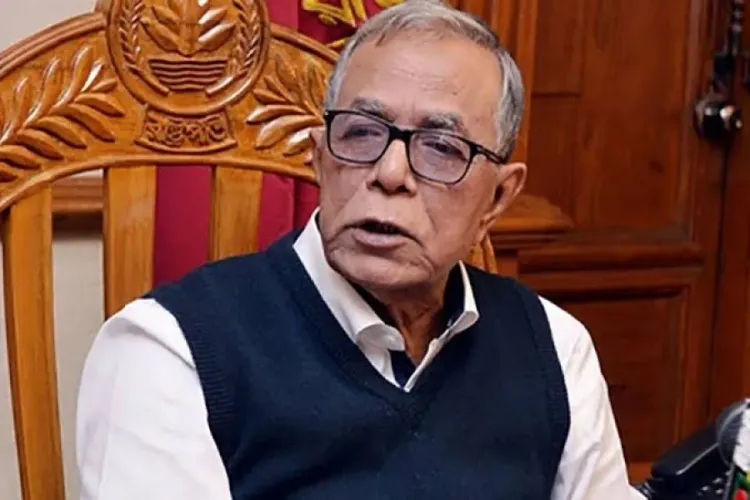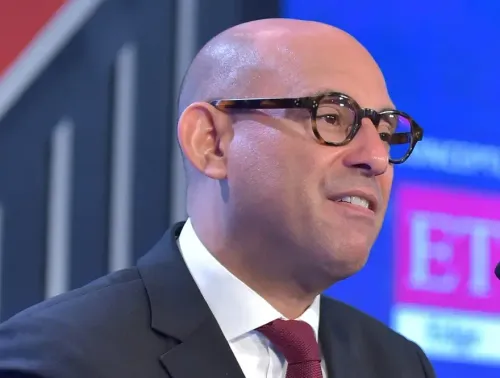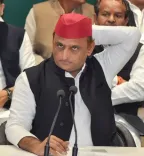Did Former Bangladeshi President Abdul Hamid Leave the Country?

Synopsis
Key Takeaways
- Abdul Hamid has left Bangladesh amidst political upheaval.
- Legal charges exist against him, but no travel ban was imposed.
- The interim government led by Muhammad Yunus faces criticism for alleged political vendetta.
- Many Awami League leaders have fled the country post-uprising.
- Concerns for the future of democracy in Bangladesh are growing.
Dhaka, May 8 (NationPress) Abdul Hamid, the former President of Bangladesh, departed from the country on Thursday, following the ousting of former Prime Minister Sheikh Hasina amid the violent July uprising, as reported by local media.
Hamid, a prominent leader of the Awami League, served two consecutive terms from 2013 to 2023 during Hasina's administration.
The Bangladeshi daily The Dhaka Tribune cited sources confirming that Hamid flew to Bangkok, the capital of Thailand, aboard a Thai Airways flight.
In the aftermath of the Awami League's downfall, a legal case was initiated against Hamid, along with Sheikh Hasina and several others, concerning an attack and gunfire incident at a protest in Kishoreganj during the nationwide student movement, according to local news.
An immigration official stated, "We were aware of the case against him in Kishoreganj. However, there was no travel ban placed by the court or the Anti-Corruption Commission (ACC) that would prevent his departure. Thus, there were no legal obstacles to his travel abroad. Additionally, he is experiencing health issues." This comment was made when questioned about why Hamid was permitted to leave despite the pending charges.
Hamid was a member of the Awami League and had previously held the position of Speaker in the Ninth Parliament of Bangladesh from 2009 to 2013.
Many prominent Awami League figures fled the country after the interim government led by Muhammad Yunus took power in August of the previous year.
The Yunus administration has issued multiple arrest warrants against former PM Hasina, her relatives, and supporters of the Awami League.
Political analysts view these actions as significant political retaliation by the interim government under Yunus, as the charges against Hasina and her supporters were lodged on dubious grounds shortly after her removal in August 2024.
In February, Hasina addressed her supporters online from India, accusing the Yunus-led interim government of transforming the nation into a center of alleged "terrorism" and "lawlessness."
A key advocate for re-establishing democracy in the nation, Hasina, daughter of Bangladesh's founding leader Sheikh Mujibur Rahman, was forced to flee the country in disgrace and seek asylum in India on August 5.









